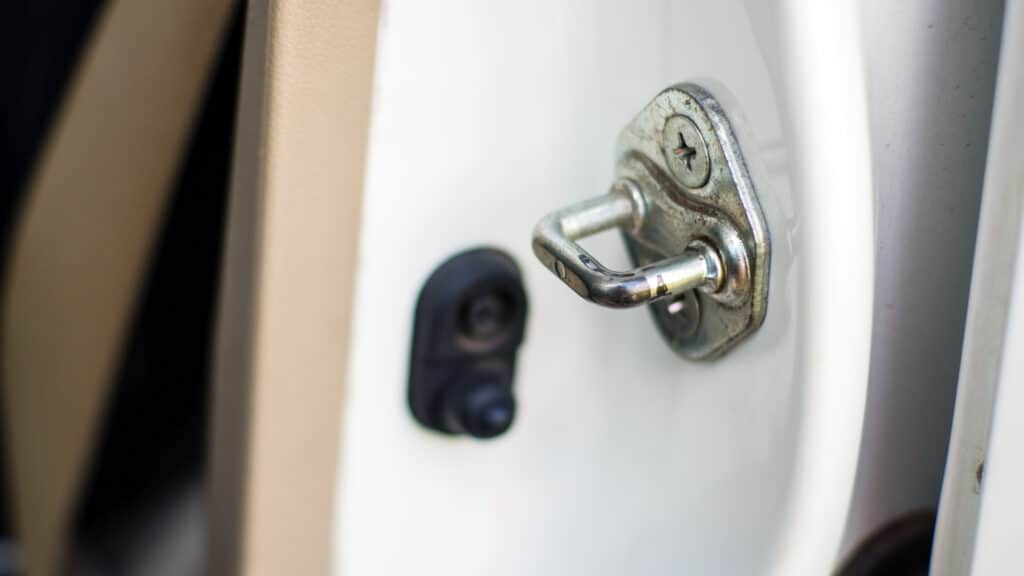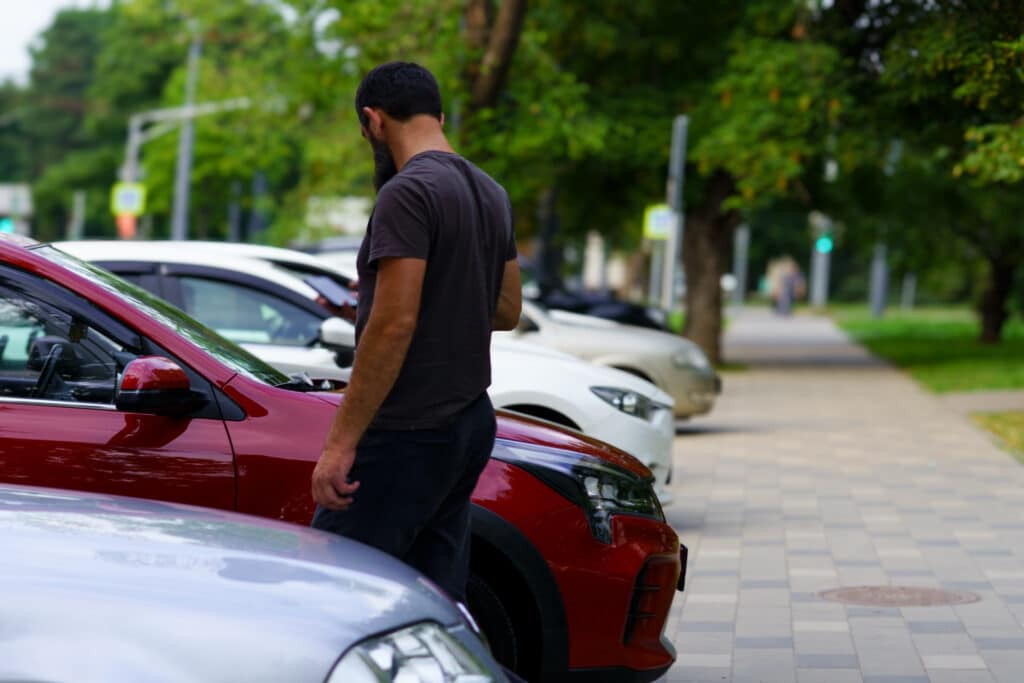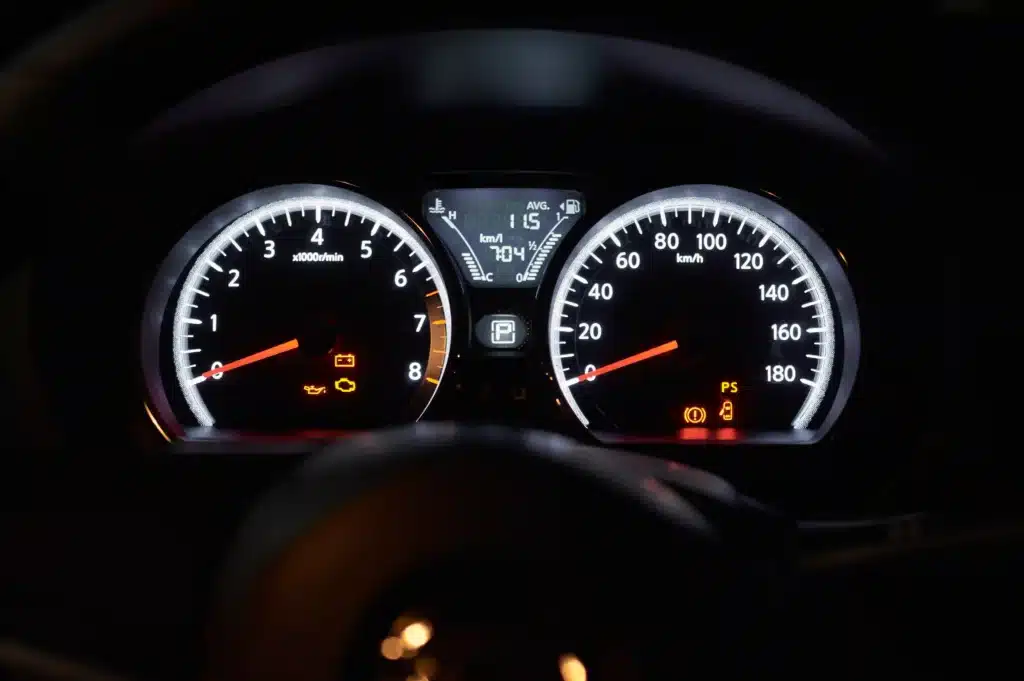Does Lemon Laws Cover Used Cars in California?
Home » Your Guide to Lemon Law Claims: Resources and Support » Does Lemon Law Apply to Used Cars in California?

If you’ve purchased a used car in California that turned out to be defective, you may be wondering if you’re protected under California’s Lemon Law. A recent California Supreme Court ruling has narrowed those protections by stating that most used vehicles, even those with manufacturer warranties, are no longer covered.
However, Certified Pre-Owned (CPO) vehicles sold with a manufacturer’s warranty may still qualify. That’s where Lemon Law Help by Knight Law Group can assist. We specialize in filing lemon law claims and can help you pursue compensation if your CPO vehicle meets the legal requirements. Our team is also actively working to expand protections for used car buyers and remains committed to holding automakers accountable when they sell defective vehicles.
What Is the Lemon Law in California?
California’s Lemon Law, officially the Song-Beverly Consumer Warranty Act, protects consumers who buy or lease vehicles that turn out to be defective. If a substantial defect affects the vehicle’s use, value, or safety and the dealer or manufacturer fails to repair it after a reasonable number of attempts, the law requires them to either replace the vehicle or provide a refund.
The vehicles covered by the law generally include:
- New vehicles under the manufacturer’s warranty
- Certain business vehicles
- Some used vehicles, such as CPO cars, if sold with a valid manufacturer’s warranty
Does Lemon Law Apply to Used Cars in California?
In most cases, no. As of November 2024, the California Supreme Court ruled in Rodriguez v. FCA US LLC that used vehicles are not covered under the law, even if they are still under the original manufacturer’s warranty.
This ruling reversed previous interpretations that offered protections to used car buyers. The Court clarified that the law was intended primarily for new vehicle buyers. As a result, used vehicle buyers who experience serious defects may no longer be eligible for compensation under California’s Lemon Law unless their vehicle qualifies for one of the narrow exceptions outlined by the court.
When Used Cars May Still Qualify
While the California Supreme Court’s decision in Rodriguez v. FCA US LLC clarified that most used vehicles are not protected under the state’s lemon law, there are limited exceptions, most notably for Certified Pre-Owned vehicles.
To qualify under the law, a CPO vehicle must be sold by an authorized dealer with a manufacturer-issued warranty at the time of sale. This warranty must be part of the sale transaction, not merely a continuation of a prior warranty, so the vehicle is treated similarly to a new car under the law.If your vehicle was sold as a CPO and includes a new warranty backed by the manufacturer, you may still have a valid lemon law claim. Other factors—like how vehicle age affects lemon law eligibility—can also impact your ability to file a claim.
What About Private Sales and “As-Is” Used Cars?
California’s Lemon Law generally does not apply to vehicles purchased through private sales, even if the car still has a manufacturer’s warranty. The California Supreme Court’s recent ruling confirmed that lemon law protections are intended for new vehicles or certain used vehicles sold by licensed dealers with qualifying warranties.
Private sellers are not held to the same legal standards as manufacturers or dealerships, and most private sales are conducted “as-is.” This means buyers accept any faults in the vehicle and typically have little to no legal recourse. While a transferable manufacturer’s warranty might cover repairs, it does not extend lemon law protections.Only Certified Pre-Owned vehicles sold by licensed dealerships with a manufacturer-backed warranty may still qualify for lemon law protections. If you’re still shopping for a vehicle, here’s how to avoid buying a lemon in the first place.
What to Do If You Bought a Defective Used Car
If you purchased a defective used car that qualifies under California’s Lemon Law, there are important steps you should take to protect your rights, including:
- Verify warranty coverage: Confirm that your vehicle is still under the manufacturer’s or dealer’s warranty. Lemon law protections apply only while the manufacturer’s warranty is active.
- Document all repairs: Keep detailed records of every repair attempt, including dates, descriptions of defects, and repair receipts from authorized service centers.
- Notify the dealership or manufacturer: Inform them promptly about the ongoing issues and your intent to pursue a lemon law claim.
- Consult an attorney: Seek advice from an experienced lemon law attorney who can evaluate your case, guide you through the process, and help maximize your compensation.
Even minor defects may still qualify under lemon law if they persist or impact safety.
Risks of Arbitration in Lemon Law Claims
Arbitration is often presented as an alternative to court for resolving disputes between consumers and vehicle manufacturers in lemon law cases. In California, many manufacturers offer state-certified arbitration programs that must meet specific standards, including resolving disputes within 40 days. While arbitration can seem like a quicker way to settle a claim, it may not always be in the consumer’s best interest.
One potential downside is that arbitration can feel rushed, leaving less time to fully present your case. Additionally, arbitrators sometimes rule that the vehicle does not qualify as a lemon or offer unfairly low compensation. This can put consumers at a disadvantage, as the arbitration process may appear to favor manufacturers. It is also important to know that you are not obligated to accept an arbitration decision. Rejecting an unfavorable arbitration ruling does not prevent you from pursuing a lemon law claim through other legal channels.
Given these risks, it is generally advisable to avoid arbitration when possible and consult a qualified lemon law attorney instead. An experienced lawyer can help you understand your rights, evaluate your options, and guide you toward the best path for your case.
Don’t Settle Without Understanding Your Rights
While the California Supreme Court has narrowed lemon law protections for used vehicles, you still have rights, especially if your used car is Certified Pre-Owned and sold with a valid manufacturer’s warranty.
At Lemon Law Help by Knight Law Group, we’ve helped over 10,000 consumers recover compensation for defective vehicles. With a 99% success rate, we go beyond basic refunds, fighting for civil penalties and maximum payouts others don’t pursue.
Call 833-208-8181 or contact us online for your free consultation. No out-of-pocket costs. No risk. Just results.
Do You Have A Lemon Vehicle?
"*" indicates required fields





